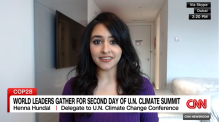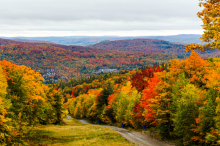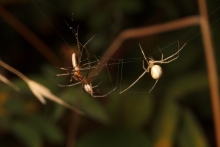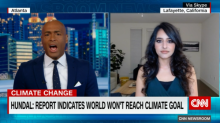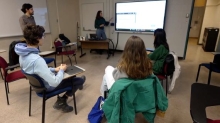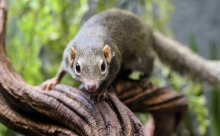Global polls typically show that people in industrialized countries where incomes are relatively high report greater levels of satisfaction with life than those in low-income countries.
But now the first large-scale survey to look at happiness in small, non-industrialized communities living close to nature paints quite a different picture.
Looking at happiness in non-industrialized settings

